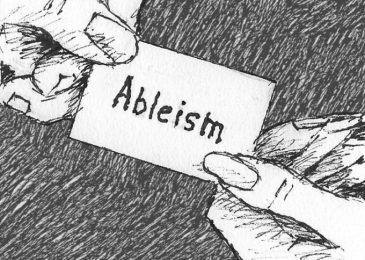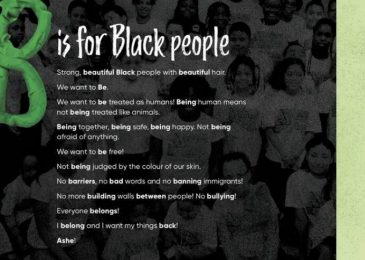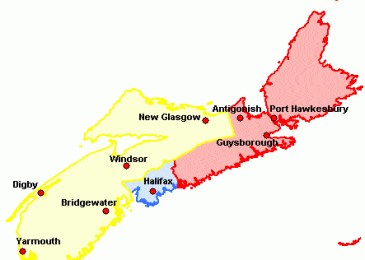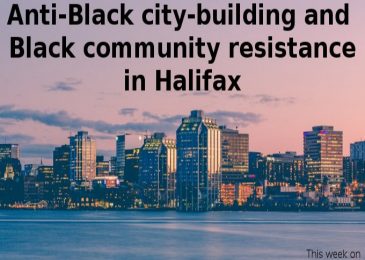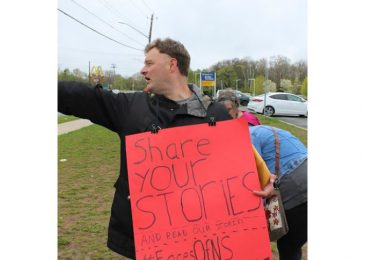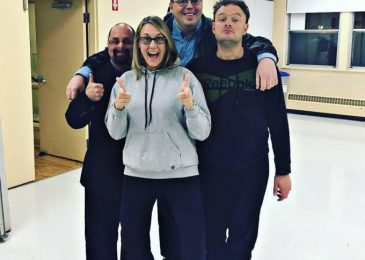Cynthia Bruce: Disrupting the pervasive presence of ableism in Nova Scotia
Dr. Cynthia Bruce on the recent Human Rights decision on institutionalization and what it says about the pervasive force of ableism in Nova Scotia. “Describing ableism only in terms of discrimination against disabled people fails to capture the essence of ableism’s power to oppress. Discrimination is an intensely felt outcome of ableism, but the origins of such discrimination rest in deeply held beliefs that disability is undesirable, unwanted, and a burden on individuals, families, and society.”

